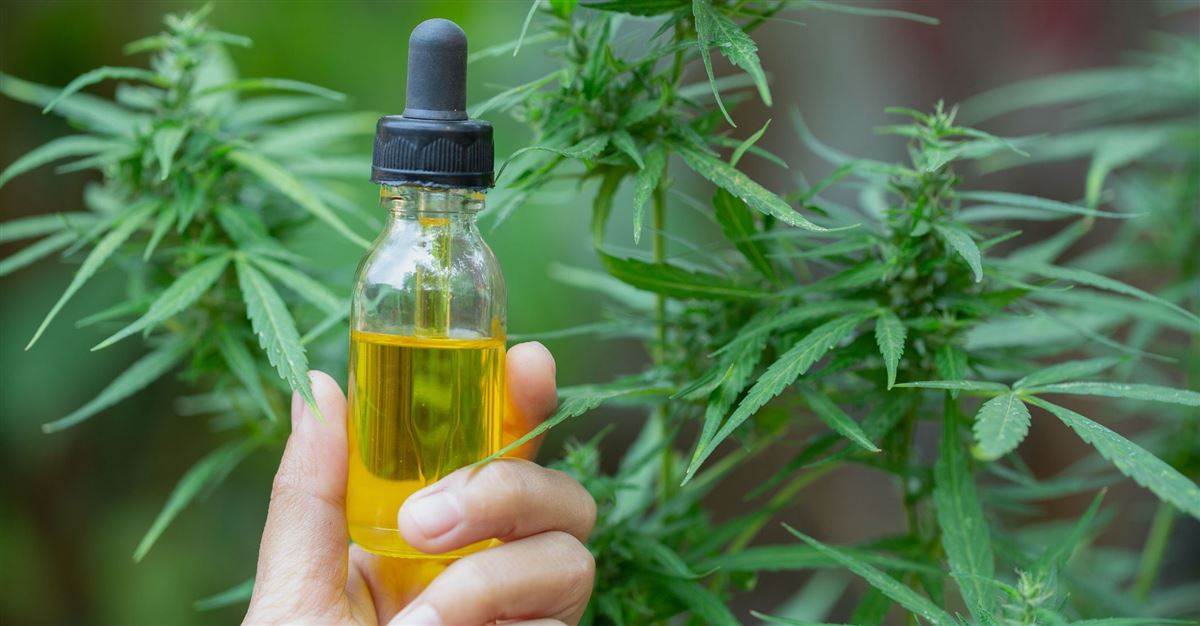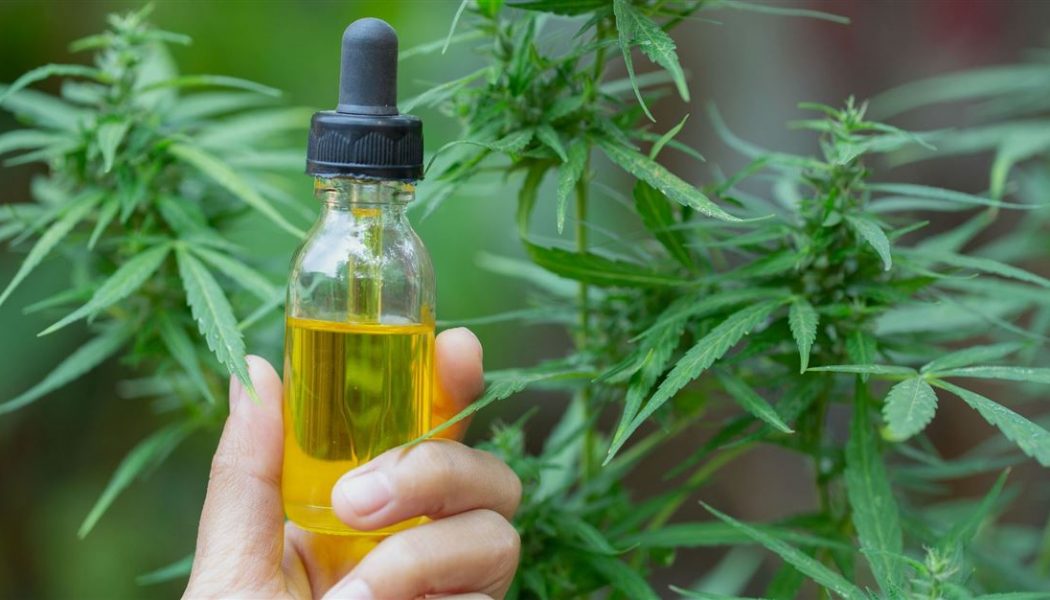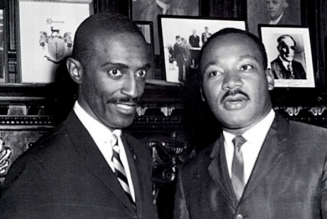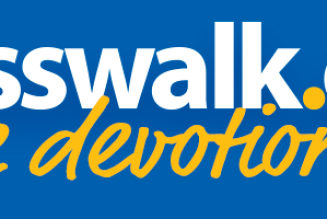
What is CBD?
Cannabidiol (CBD) is a chemical that comes from cannabis plants and is found in marijuana.Those who use it have seen various benefits such as a reduction in epileptic seizures, reduction in anxiety, increase in pain relief, and help in quitting addictive behaviors such as smoking – possibly even opioid addiction disorders.
Until recently, CBD oil contained tetrahydrocannabinol (THC)—the most active ingredient in marijuana which creates a “high” in its users. Now, CBD doesn’t contain THC, according to this Mayo Clinic article, or at least it may not contain large enough quantities to alter the mental state of its user.
CBD can cause some side effects such as fatigue and dry mouth. In some clinical trials, users experienced liver problems, irritability, nausea, and tiredness.
CBD can come in a variety of packages such as the oil, an extract, a vaporized liquid, and a capsule. However, of these CBD products, the FDA has only approved of a CBD oil by the name Epidiolex.
Is CBD legal?
Medicinal marijuana is legal in most places, except for Idaho, Nebraska, and South Dakota. Although not specified in this WebMD article, CBD oil might fall under the medical marijuana umbrella due to its medicinal qualities.
According to a recent Harvard article, “All 50 states have laws legalizing CBD with varying degrees of restriction, and while the federal government still considers CBD in the same class as marijuana, it doesn’t habitually enforce against it.”
The Benefits
In addition to the benefits listed above, researchers claim CBD oil can help with ailments such as depression, cancer-related symptoms, Type-1 diabetes, acne, insomnia, and Alzheimer’s. And CBD oil works these benefits without the mind-altering symptoms that accompany THC.
Also, according to a World Health Organization report, CBD does not produce addictive effects that are common in abused drugs. “In particular, unlike other drugs of abuse, it does not activate the mesolimbic dopamine (reward) pathway in the brain or potentiate the effect of rewarding electrical stimulation” (pg. 14). This means, those who use it won’t get addicted to it.
The Risks
While the FDA approved Epidiolex, the CBD market is largely unregulated. The FDA held a public hearing May 31, 2019 about CBD, but it appears CBD oil is still not regulated. That means distributors can write what they want on the label of a CBD product.
This is a significant risk if a consumer is concerned about the purity or potency of their CBD Oil. As the Mayo Clinic said, “A recent study of 84 CBD products bought online showed that more than a quarter of the products contained less CBD than labeled. In addition, THC was found in 18 products.”
In addition to the side effects listed above, the lack of research on CBD can bring about questions as to whether the benefits of CBD oil are truly a direct causation or some other correlation. The public needs more information about this product to make a safer choice.
The Mayo Clinic suggests consulting your doctor if you plan to use CBD products.
But even if it’s helpful and legal and safe, is it okay for Christians to use?
Can Christians use CBD? What does the Bible say?
The Bible doesn’t have anything specific to say about CBD because its writers would not have encountered this. Although CBD didn’t really come into existence as its own product until 1963, the Bible might have a thing or two to say about what Christians should do when we encounter gray areas.
We should, of course, avoid abusing any substance that can affect our state of mind (Ephesians 5:18). Anything that impairs our judgment can compromise our conscience and allow for spiritually poor decisions. And, considering CBD oil is not regulated, that can allow for certain vendors to slip elements into the products (such as THC), which can affect our judgment.
But what about the FDA approved Epidiolex. Can Christians use that?
It comes down to conscience.
Paul encountered a dilemma of conscience in Rome (Romans 14). Some Christians believed eating meat sold at the temples of pagans was wrong and would allow for demonic activity to enter their lives. Others thought of the meat as an innocuous purchase and did not worry about the spiritual harm.
Although Paul recognizes neither Christian in this scenario was right or wrong about the subject, he encouraged Christians to exercise caution, especially when partaking in such meat around each other.
If a Christian at the table believed the meat carried demonic forces, Paul admonishes Christians not to eat the meat in front of them and cause them grief or put a stumbling block in front of them.
In other words, “You may believe it’s not wrong. But if someone in your company thinks it can cause them to sin or has strong convictions against it, don’t flaunt it in their presence.”
To use another example, some Christians will drink for social occasions. In moderation, alcohol has minimal effect on the body and on one’s judgment. However, if you place a wine bottle in your house in front of a guest with a history of alcoholism, you’re placing temptation before his or her eyes. Although we may not see a drink every once in a while as a sin, we cause them grief by placing it on the countertop at a social gathering with them.
The same biblical principle can apply for CBD oil. Some Christians view the use of any cannabis product as a sin, even if it does not cause any effect on one’s judgment.
Others see it as a product that can relieve pain. But if a Christian gathers with another, especially a Christian who has a history with addiction to marijuana-related products, they ought to exercise caution.
Hope Bolinger is a literary agent at C.Y.L.E. and a recent graduate of Taylor University’s professional writing program. More than 300 of her works have been featured in various publications ranging from Writer’s Digest to Keys for Kids. She has worked for various publishing companies, magazines, newspapers, and literary agencies and has edited the work of authors such as Jerry B. Jenkins and Michelle Medlock Adams. Her column “Hope’s Hacks,” tips and tricks to avoid writer’s block, reaches 2,700+ readers weekly and is featured monthly on Cyle Young’s blog, which receives 63,000+ monthly hits. Her modern-day Daniel, “Blaze,” (Illuminate YA) just released. Find out more about her here.
Photo Credit: GettyImages/Tinnakorn Jorruang









